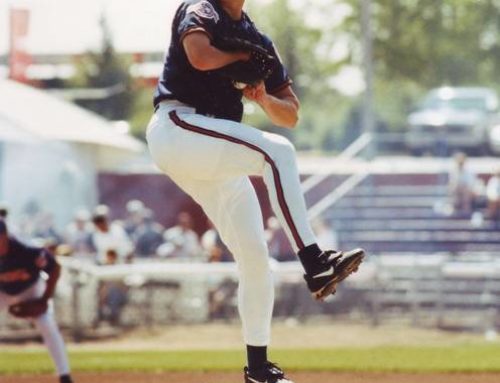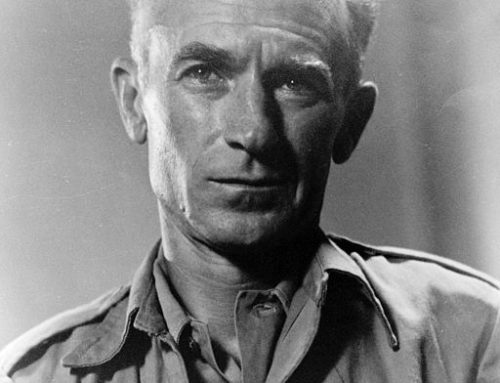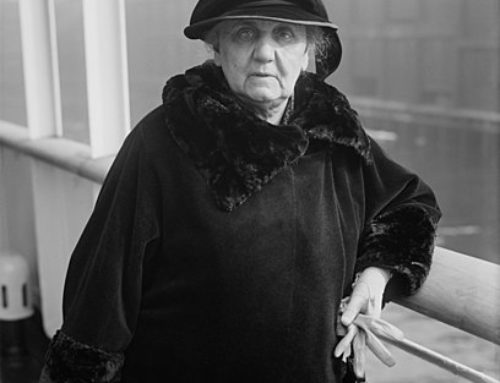Just over 100 years after the Panic of 1907, we should remember the legacy of John Pierpont “J.P.” Morgan, the most influential financier and commercial banker in American history. His high standings will always retain an exalted status because of his role in saving the American economy that year.
He staked his prestige and financial fortune to shore up confidence in the banking system. Almost single-handedly, he stopped a panic that had caused the stock market to decline 50 percent. Morgan’s word was a command to his generation of financiers and industrialists, including the legendary Andrew Carnegie and John Rockefeller.
Today, two of America’s financial giants, J.P. Morgan Chase and Morgan Stanley claim lineage from J.P. Morgan. Jamie Dimon, the CEO and chairman of JP Morgan Chase, and John Mack, the CEO and chairman of Morgan Stanley, are charismatic, take-charge executives who are equally adept in the boardroom pitching their companies’ extensive product lines or in the trenches cutting corporate waste.
As a former managing director of Morgan Stanley, I can attest that we strove to retain J.P. Morgan’s principles. We took pride in his response to a question in 1912 from the Pujo Committee, a congressional panel investigating Wall Street bankers.
“At all times, the idea of doing only first class business, and that in a first class way, has been before our minds,” Morgan said.
To another question: “No, sir. The first thing is character. Before money or anything else. Money cannot buy it. … Because a man I do not trust could not get money from me on all the bonds in Christendom.”
At Morgan Stanley, the first rule that all employees learned was that “their word was their bond.” Breaking your verbal promise was a corporate death sentence.
At Morgan Stanley, I worked directly under Mack for eight years. To his core, Mack is a true believer in Morgan Stanley. He firmly believes what he said on Nov. 11, 2007: “Great firms get through tough times, and we are a great firm.”
To survive, blue-blooded Morgan Stanley in the past month has changed more than in its previous 74 years. The firm morphed from an investment bank to a commercial bank, negotiated a lifeline saving infusion of $9 billion from Mitsubishi UFJ Financial Group Inc., received a $10 billion investment from the federal government, and obtained direct access to borrow funds from the government.
With his firm’s back to the wall, Mack used his legendary charismatic skills to convince Mitsubishi UFG that a 21 percent interest in Morgan Stanley was a priceless heritage that would be beneficial over the coming decades irrespective of market vagaries.
Morgan Stanley’s immediate future will be difficult. First, the lifeline bailout costs to Morgan Stanley from some $19 billion of expensive infusions of preferred equity from MUJF and the federal government will cost the firm more than $1.5 billion. Secondly, Morgan Stanley must dramatically curb many of its high risk-high reward businesses–structured products, prime brokerage, leveraged loans and multi-faceted trading operations. Thirdly, the firm will reduce its leverage to less than $20 for every dollar in equity. This compares with an irresponsible level of $32 a year ago.
In the book “Blue Blood & Mutiny,” Patricia Beard described the selfless fight of eight former managing directors of Morgan Stanley in 2005 to replace Philip Purcell as CEO of Morgan Stanley with Mack because of their convictions that under Purcell’s aegis the culture of Morgan Stanley was becoming fatally undermined.
JP Morgan Chase under the leadership of Dimon has weathered the financial crisis better than Morgan Stanley. Over the past few months, it has absorbed Bear Stearns, formerly the fifth largest investment bank, and Washington Mutual, the largest saving and loan association.
In conclusion, the legendary J.P. Morgan must be pleased looking down from his heavenly perch over his two corporate offspring. Both firms provide financial advice globally to private companies and foreign governments, possess mammoth trading operations and manage extensive money management operations. Morgan would also be pleased that both firms try to conduct first-class business in a first-class way.



